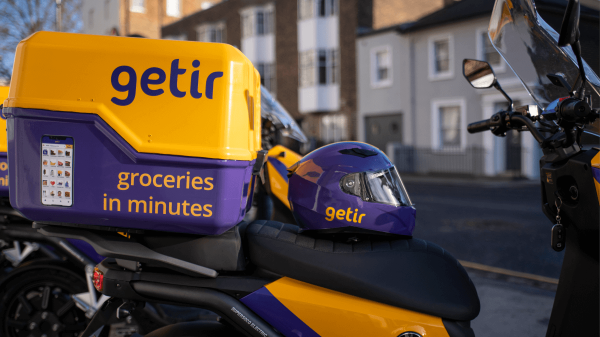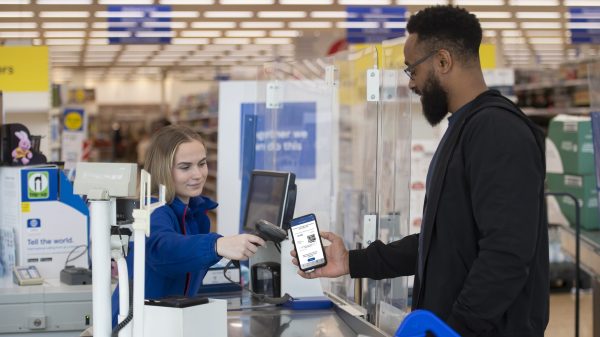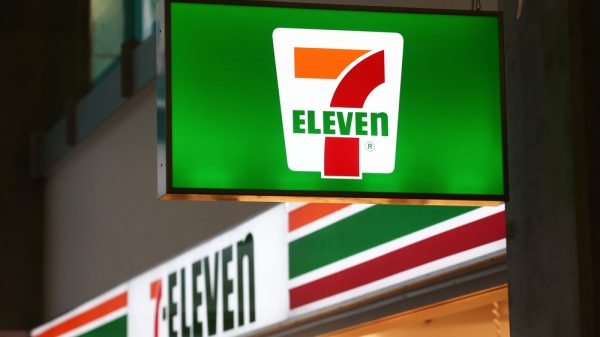Sainsbury’s has responded to Which?’s claims after it was named the most expensive supermarket in September.
The consumer watchdog said that Sainsbury’s was the priciest supermarket for shoppers not using a Nectar card after it found that a large trolley of 131 items cost £359.23 – £33.52 more expensive than Asda, which was found to be the cheapest of the traditional supermarkets.
However in response to Which?’s pricing analysis, a Sainsbury’s spokesperson said: “These claims are entirely false and insulting to the millions of savvy customers who choose to shop with us every week. There is an overwhelming amount of independently verified data showing the great value customers get when shopping at Sainsbury’s.
“We are disappointed that Which? has refused to share its data with us and has instead chosen to mislead customers by choosing to exclude Nectar Prices promotions in its research.
“The vast majority of our customers are shopping with Nectar Prices and have saved £400 million on their shopping in the last six months. Customers can be sure they getting great value every time they shop with us.”
Subscribe to Grocery Gazette for free
Sign up here to get the latest grocery and food news each morning
Sainsbury’s added that Which? had refused to share with it which products had been included in the analysis and that the supermarket was the cheapest, including loyalty pricing, for the past two weeks in the independent Grocer33 basket.
Which? also analysed the price of 39 items across all UK supermarkets, including discounters Aldi and Lidl, and found that Aldi was the cheapest, with a shop costing £67.71 while Lidl was just £1.24 more expensive at £68.96.
Of the traditional supermarkets, Asda was once again the least expensive at £75.42, followed by Tesco at £78.74.
Waitrose was found to be the priciest for a smaller basket at £84.37, which is 25% more expensive than average at Aldi.
The analysis included discounts available to everyone, however did not include multibuys or loyalty prices.
This comes as UK food prices fell for the first time in almost two years in September as supermarket competition has stepped up.
According to the latest figures from the British Retail Consortium (BRC), food prices were down 0.1% month-on-month.









